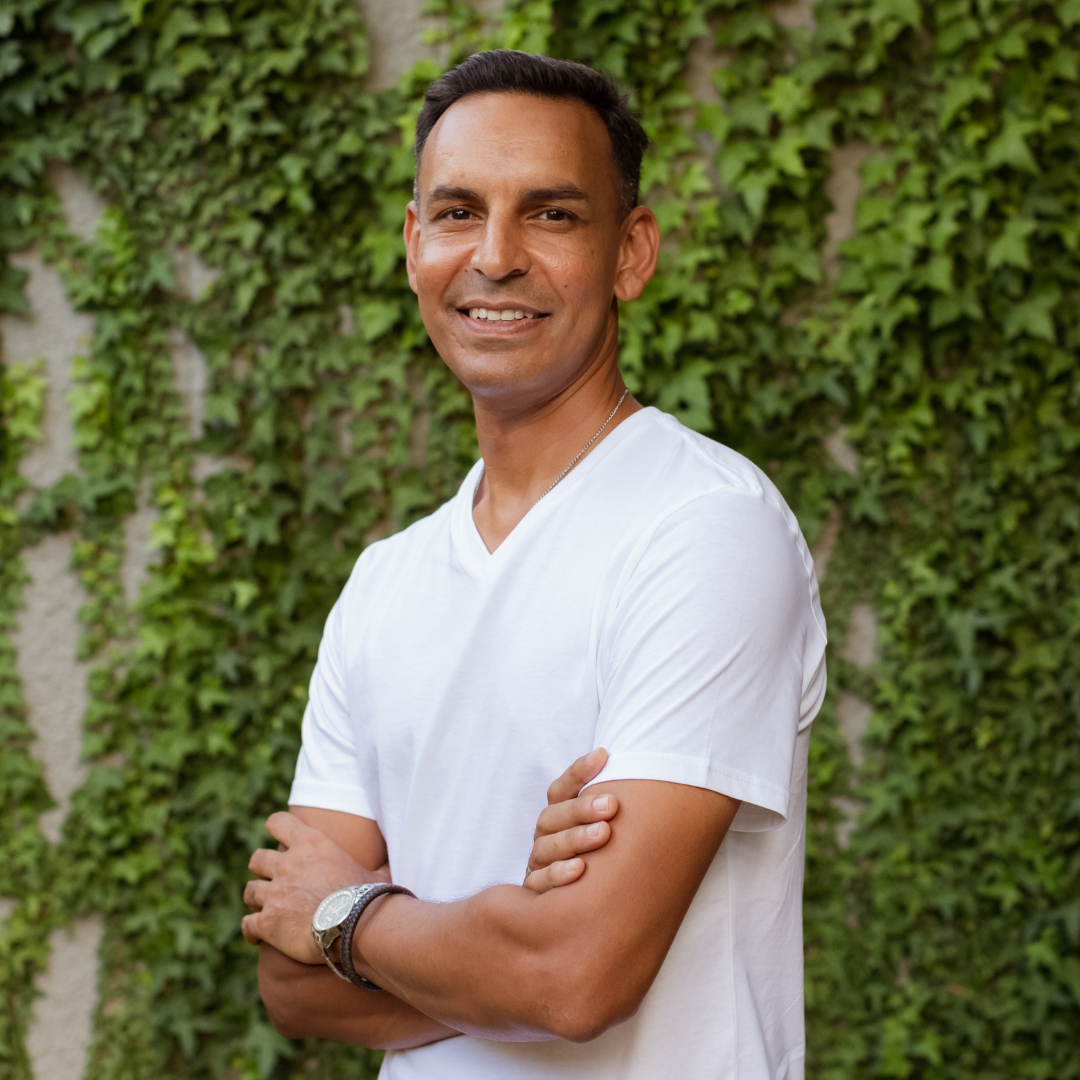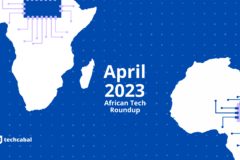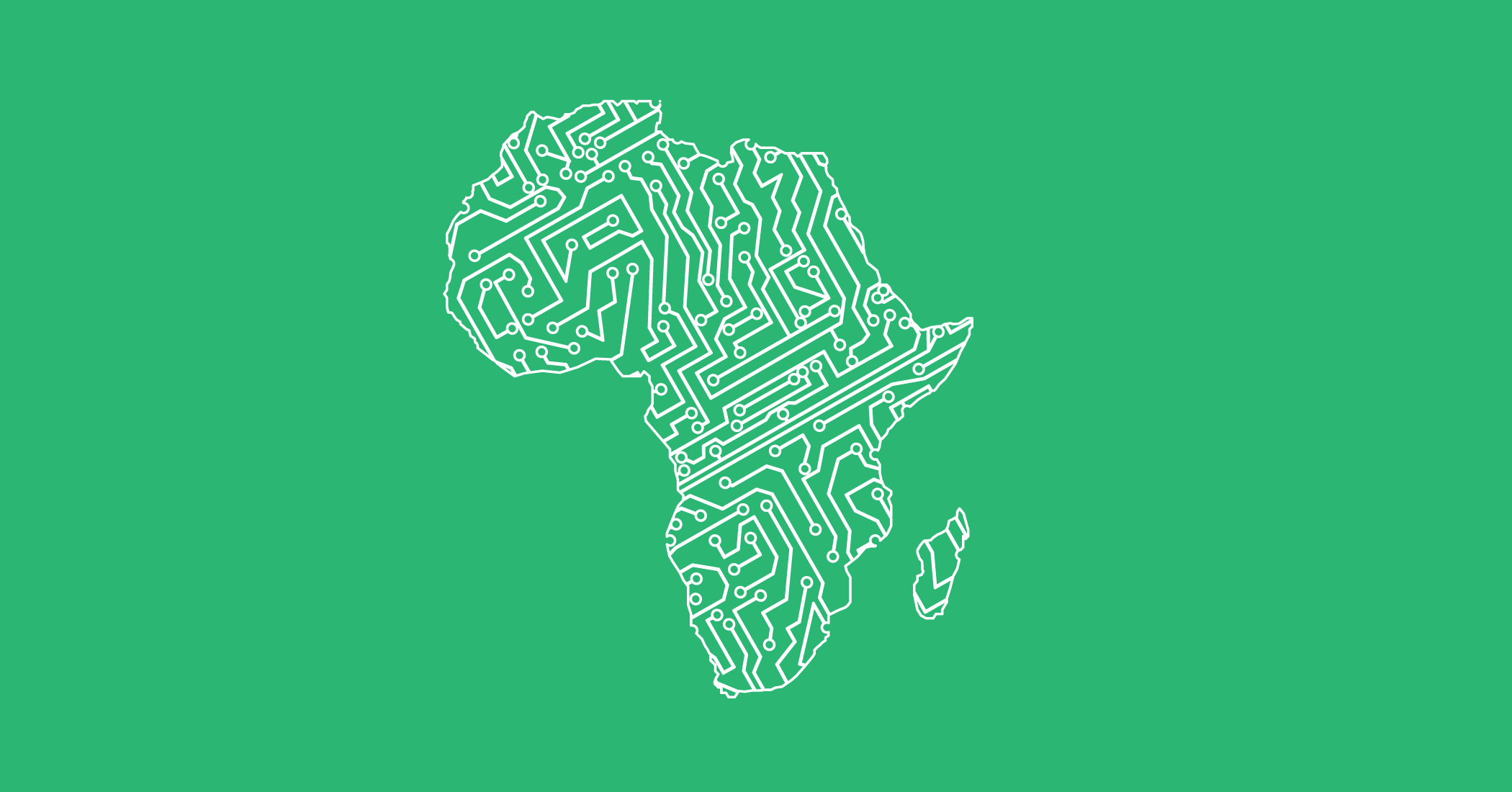Before TechCabal, there was a young man called Bankole Oluwafemi and his Nokia E63. TechCabal’s founder — “nerdy” — by his admission, was hustling, hanging out at tech events and co-working spaces, with a law degree tucked in his back pocket.
Oluwafemi had no intention of practising law. He had every intention, instead, of immersing himself in Africa’s tech ecosystem, a passion that consumed him day and night. At the time, Oluwafemi was a jack of all trades in the digital space, a self-styled graphic designer, social media coordinator, and a website builder.
TechCabal at the coalface of tech changes
In 2011, while doing his national youth service, he started blogging and showing up at tech events and writing about technology on the continent, even though it frustrated him no end because tech in Nigeria was far behind compared to the rest of the world. Back then, it took around six months for the latest phones to enter the Nigerian market; by the time a tech writer got to review these phones, they were “not new” models anymore.
A lot has changed since those ancient times, and TechCabal now finds itself at the coalface of tracking tech changes in Africa’s bustling tech ecosystem.
In March 2013, TechCabal was born out of Oluwafemi’s Nokia E63 because his computer was broken. He would log into C-Panel from his phone, do site configuration, and write using the WYSIWYG editor, a process as painstaking as it sounds.
Oluwafemi and Taylor found TechCabal
The name TechCabal has a short backstory. It arose out of a conversation Oluwafemi had with his co-founder, Seyi Taylor, who had a company called Big Cabal. The word “cabal“ has negative connotations, often viewed as sinister or political, but that didn’t deter them. They intended for people to do a double take, sit up, and notice what they were building, exactly what players in Africa’s tech space are doing a decade later.

This spirit of rebellion and wanting to stand out has raised the profile of TechCabal over the past 10 years. A lowly blog from nowhere is now recognised for having a strong and discerning journalistic voice.
“The idea was everyone was invited,” Oluwafemi told TechCabal. “We were trying to start a conversation. We were trying to build a community to discuss how we’re solving problems and creating value and opportunity using software and technology.”
In 2014, a competition called The TechCabal Battlefield changed the trajectory of the publication. It was one of Africa’s first tech startup competitions, with the largest prize money at the time: $20,000, sponsored by Stanbic IBTC Bank and iROKING.com. Out of 92 applications and a shortlist of 20, seven finalists were chosen, and they were: 500Shops, Adugbo, Callbase, CasaGrupo, Decoded, Autobox, and Prepclass, were the eventual winners.
“It was mostly me doing the running around, and when we realised we were going to launch into the events space and do something much bigger than our skills, we realised we needed help,” Oluwafemi explained.

TechCabal is bigger than they imagined
Oluwafemi and Taylor realised that this competition was bigger than they could have imagined, and it would change the way people viewed TechCabal forever. “To execute that event, we had to hire a bunch of temps to help us pull the event off in terms of comms, logistics, and helping the startups figure out what they needed to do. We also got a lot of support from the community — mentors, sponsors, and benefactors.”
By 2015, TechCabal had become the most prominent and influential technology blog in the West Africa region. The mission was to scale, and with just the two founders on board, the company needed to fundraise as the need for more staff became apparent.
Advertising and business development alone weren’t enough to make the company more sustainable, so TechCabal had to hire operational and editorial talent. Oluwafemi resorted to devising a training programme to upskill anyone interested in writing for the publication, using the classic journalism book by Matthew Winkler, The Bloomberg Way: A Guide for Reporters and Editors. It would become the foundation on which TechCabal’s quality journalism was built in those days.
With very little money coming in TechCabal’s entrance turned into a revolving door—not an uncommon feature in many media houses. If the company couldn’t afford to keep an employee, Oluwafemi made a point of finding them alternative employment before letting them go.
TechCabal’s design hasn’t fluctuated much over the years since Oluwafemi used CorelDraw to develop the first iteration of the logo. He used minimalist WordPress themes that gave the site a classic feel and longevity by playing with iconography for images. The only significant change to the design came in 2018 when the brand colours changed from black and white to red and white, and the business went through a major reset with the arrival of Tomiwa Aladekomo as CEO of Big Cabal Media, the publisher of TechCabal. At this point, the company came of age and saw its first real fundraising round, which allowed it to increase its capacity and hire more talent in all departments.

Aladekomo brought a savvy business and media mind and positioned the company as a major player in the African tech media landscape, illustrated by significant audience numbers and commercial revenue growth.
Breaking records
Despite the challenges of running a media business in a hostile business environment, TechCabal has stayed the course and landed significant partnerships across the continent and beyond, including with Bloomberg, the Bill and Melinda Gates Foundation, Google, and CNBC Africa. The website has grown significantly over the past three years, breaking previous records in page views and user numbers.
A significant reason for TechCabal’s success over the past 10 years has been that we have always shown up again and again, taking the initiative to broach the most important conversations about tech in Africa. Technology will be the biggest growth driver across all industries in Africa in the foreseeable future. Few publications have documented the changing face of tech on the continent, like TechCabal.
Into our next decade of existence, we at TechCabal take with us that spirit of hustle demonstrated by Oluwafemi all those years ago. We’re gazing on new horizons to the North, South and East of Africa as lands of opportunity for TechCabal’s growth. We’re delving into new and deeper subjects like Web3, AI, and the Internet of Things. Under new editorial leadership in Editor-in-Chief Adrian Ephraim, Newsroom Editor Olumuyiwa Olowogboyega and Deputy News Editor Kelechi Njoku, we hold onto that spirit of entrepreneurship and endeavour shown by Seyi Taylor and Aladekomo, and we look to the future with courage and optimism.
Most importantly, we will take you, our reader, into the future with us as we rouse the forces of change driving Africa forward and challenge those ideas and individuals who will hold the continent back. We’ll shine a light on Africa’s successes and tell the stories of the grit, grind, and some inevitable failures.
At TechCabal, everyone is invited as we continue to build a community of tech enthusiasts and dreamers who share our passion for Africa’s future while living in the moment.
Happy 10th birthday, TechCabal!






















